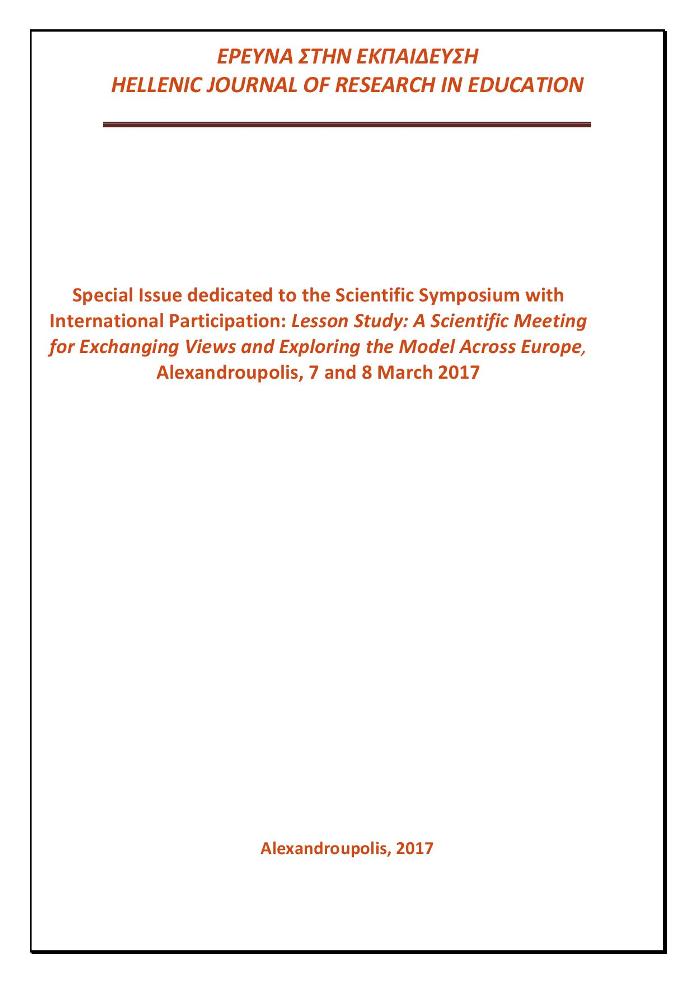The connection between school and family and the question of their cooperation: Critical presentation of basic theoretical models

Abstract
Family-school relationship constitutes a dynamic, developmental process that reflects the social, political, economic conditions of the historical period in which this relationship is examined. Beliefs and values that underlie the roles, the interactions and the goals of the two settings with reference to children’s education, determine the context of their connection and offer a different meaning and conceptions to the term collaboration which is used to describe this connection. Different approaches have been proposed to capture the dimensions, the levels and the types of this connection. The purpose of the present study is to provide a brief, critical review of some of the most known theoretical models that refer to the relationship between the family and school setting. These approaches summarize the developments of the educational and psychological research from the mid ‘90s until nowadays. The six models that are presented herewith were selected on the grounds of their contribution in the study and understanding of the family-school collaboration. The paper argues that there is a divergence between the various models with regard to the way they perceive this “collaboration”. Implications concerning the use of these models to the everyday educational practice, the psycho-pedagogical research and the educational policy are outlined.
Article Details
- How to Cite
-
Πεντέρη Ε., & Πετρογιάννης Κ. (2013). The connection between school and family and the question of their cooperation: Critical presentation of basic theoretical models. Hellenic Journal of Research in Education, 1(1), 2–26. https://doi.org/10.12681/hjre.8790
- Issue
- Vol. 1 (2013)
- Section
- Articles

This work is licensed under a Creative Commons Attribution-NonCommercial-ShareAlike 4.0 International License.
Authors who publish with this journal agree to the following terms:
- Authors retain copyright and grant the journal right of first publication with the work simultaneously licensed under a CC-BY-NC-SA that allows others to share the work with an acknowledgement of the work's authorship and initial publication in this journal.
- Authors are able to enter into separate, additional contractual arrangements for the non-exclusive distribution of the journal's published version of the work (e.g. post it to an institutional repository or publish it in a book), with an acknowledgement of its initial publication in this journal.
- Authors are permitted and encouraged to post their work online (preferably in institutional repositories or on their website) prior to and during the submission process, as it can lead to productive exchanges, as well as earlier and greater citation of published work (See The Effect of Open Access).




